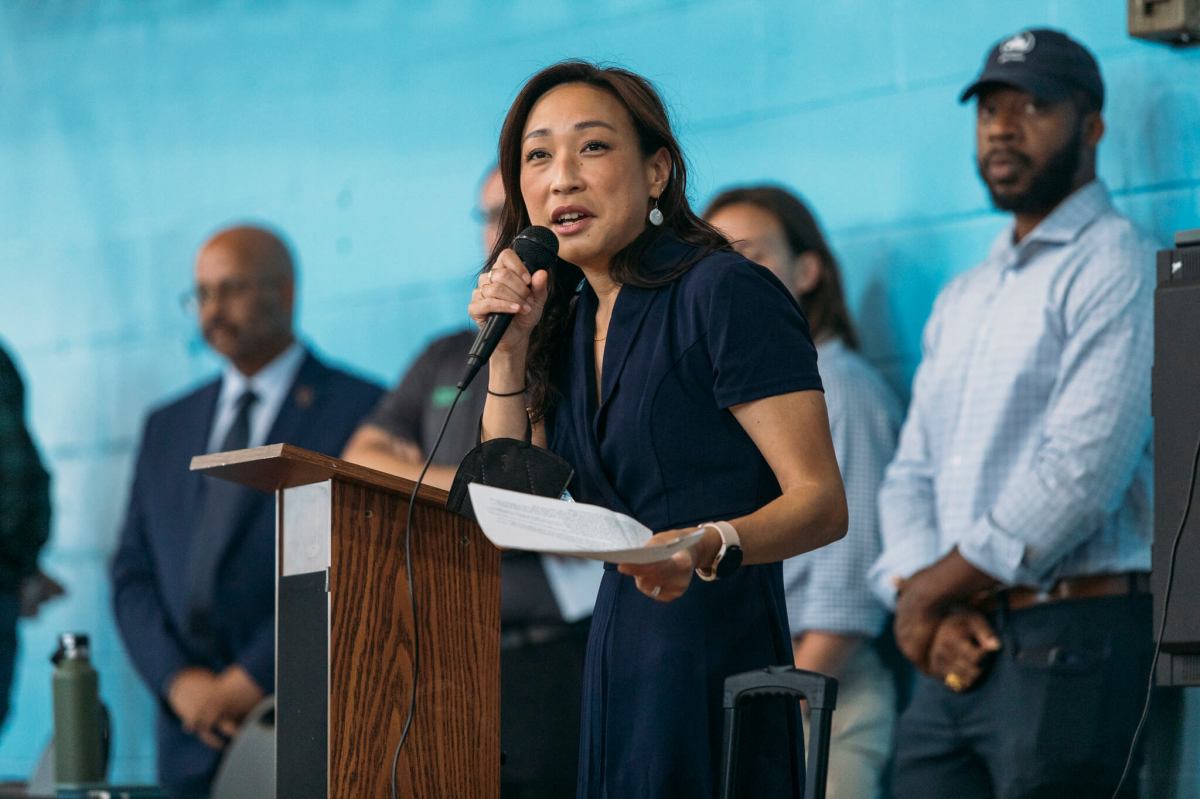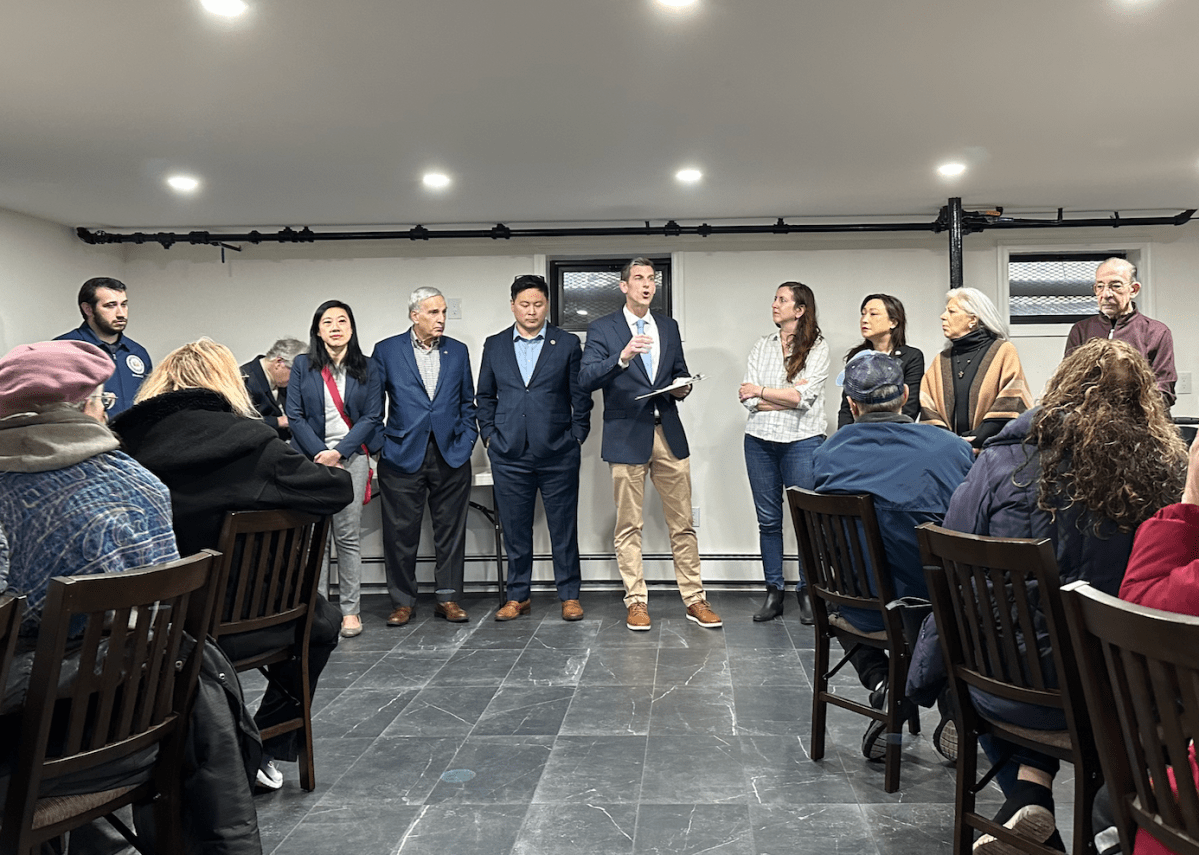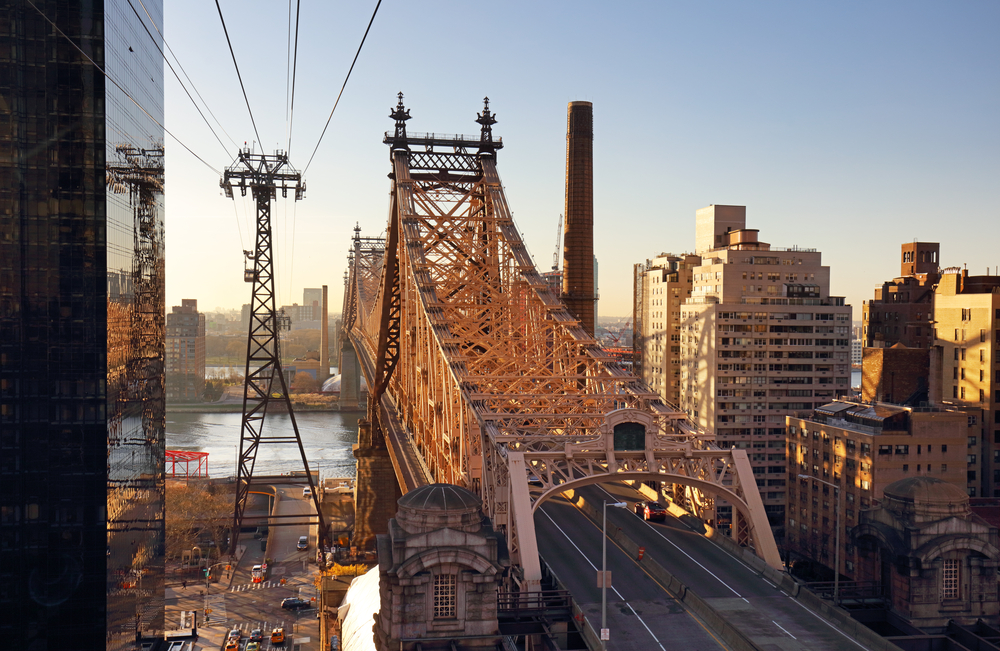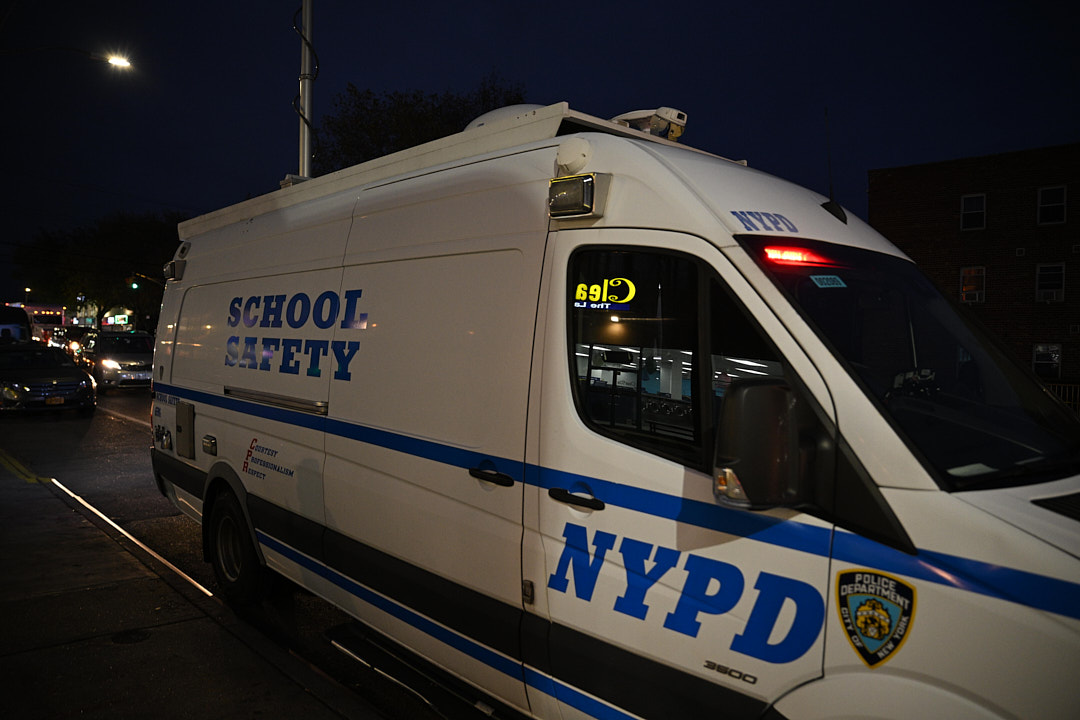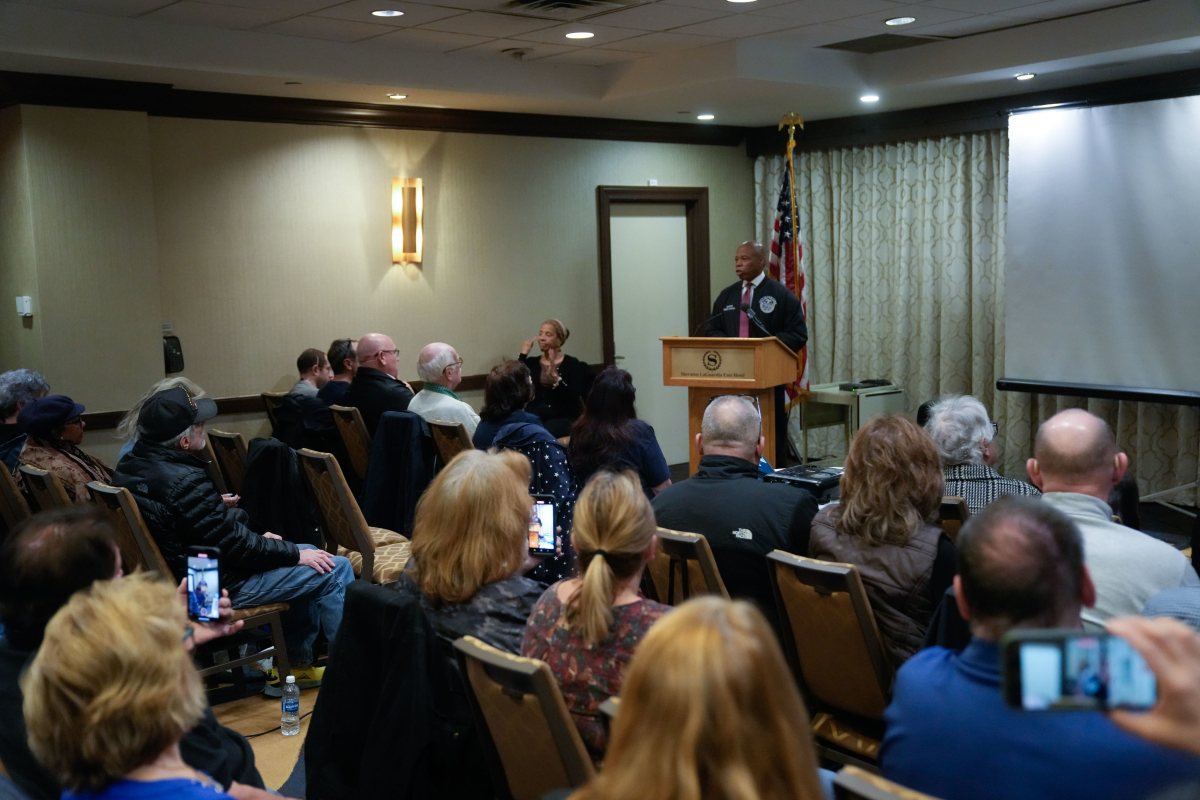A new bill introduced in the City Council Thursday would relieve thousands of condo and co-op owners of penalties associated with Local Law 97, the landmark building emissions statute, for an additional decade if it becomes law.
The legislation, Intro 1197, sponsored by Queens Democratic Council Members Linda Lee and Sandra Ung, would reduce penalties for emissions in excess of pre-set limits for co-op and condo properties whose average per unit assessed value — a percentage of market value used to calculate property tax bills — is below $65,000.
The proposed law aims to provide relief to the owners of middle-class co-ops and condos, which are mostly older units located in the outer boroughs, where residents have expressed anxiety over the cost of complying with the climate mandate, which requires the city’s largest buildings — New York’s largest source of pollution — to meet strict emissions limits, retrofit their properties, or pay a penalty.
The bill, which has 12 co-sponsors, would eliminate those penalties entirely until 2036, a decade beyond what the original 2019 law prescribed. Afterwards, penalties would be halved for these properties until 2041, before being halved again until 2046.
“This bill signifies the start of a more inclusive process that recognizes the personal stakes many homeowners have in this legislation,” Ung said in a statement. “The sustainability of our city and the financial security of our residents are not mutually exclusive.”
Buildings must start adhering to the law starting next year, with their first compliance reports due in 2025. The vast majority, about 89%, of the 40,000 buildings covered by the law are expected to be in compliance by the start of 2024. However, that still means thousands of buildings will not be in compliance and face the specter of considerable financial penalties.
The bill comes just weeks after the Adams administration unveiled rules governing how the law will be implemented, most notably giving property owners a two-year break from penalties, until 2026, if they can demonstrate a “good faith effort” to decarbonize their properties.
Another plank of the new bill would change the formula for calculating a building’s emissions limits, allowing co-op and condo complexes to include outdoor open and green space when calculating the “gross floor area.” The change would effectively raise the emissions limits for these properties, as a building’s square footage is a major component of the formula, and thereby expose them to fewer financial penalties while allowing larger amounts of carbon emissions.
“Local Law 97’s current structure unintentionally jeopardizes the housing stability of many working and middle-class condo and co-op owners,” said Lee. “Our…bill will provide the necessary adjustments, acknowledging the past efforts of many co-ops and condos to reduce emissions and their use of open spaces to mitigate environmental impacts.”
The bill would also allow courts to reduce penalties pertaining to properties where the median unit value is low and allow larger emissions limits for buildings that had previously been retrofitted.
Environmental advocates were not pleased with the bill.
“Linda Lee’s bill would raise pollution, destroy jobs, and increase utility bills by allowing building owners to skate away from upgrading energy [of] wasteful, polluting properties to high energy efficiency,” said Pete Sikora, the climate campaigns director at New York Communities for Change. “The real estate lobby can spend all the money it wants to fear-monger about Local Law 97, but in real life the law’s pollution limits are fair, affordable, and achievable.”
The Adams administration has said that 15,000 buildings will need major capital work to comply with the law’s 2030 emissions limits, and estimates this could create 140,000 jobs in the five boroughs retrofitting buildings.
Climate change is already having a devasting impact across the globe. The United Nations has warned that the 2020s is the last decade where humans can meaningfully mitigate the worst impacts going forward, but only if countries decarbonize their economies.
Read more: Tropical Storm Ophelia Threatens to Wash Out NYC Weekend



